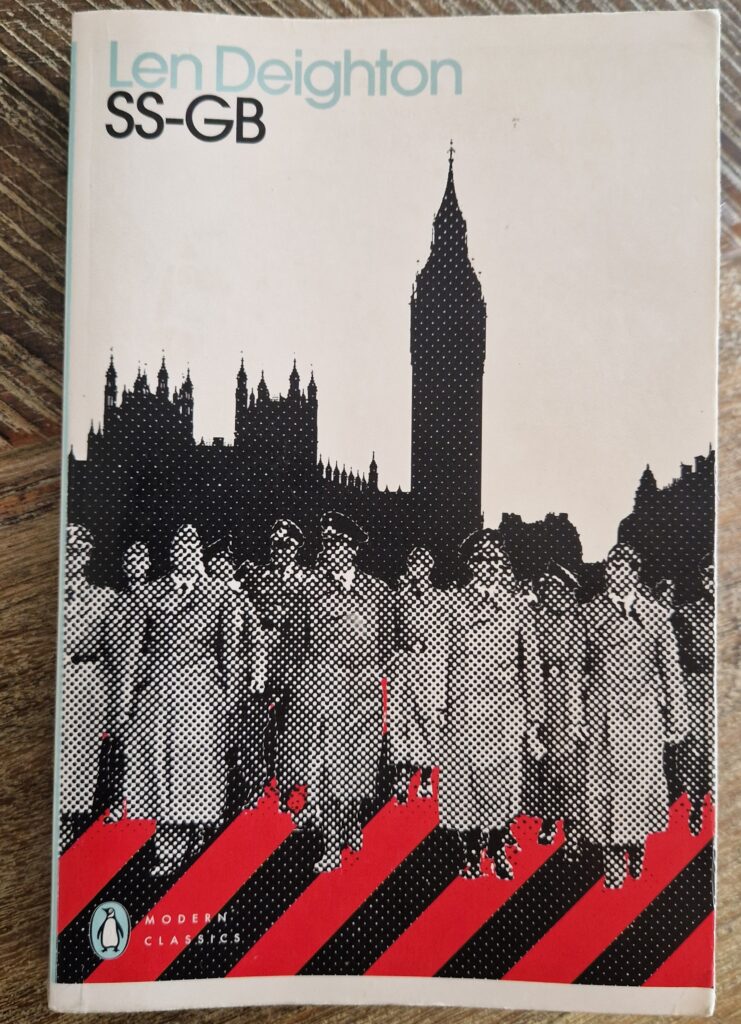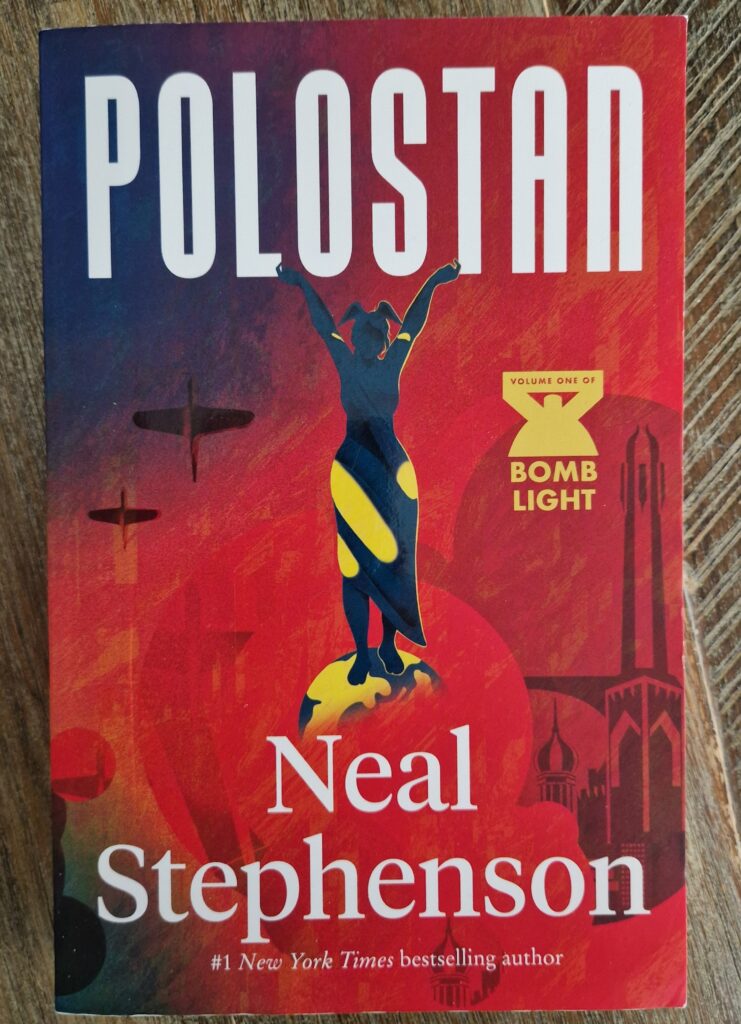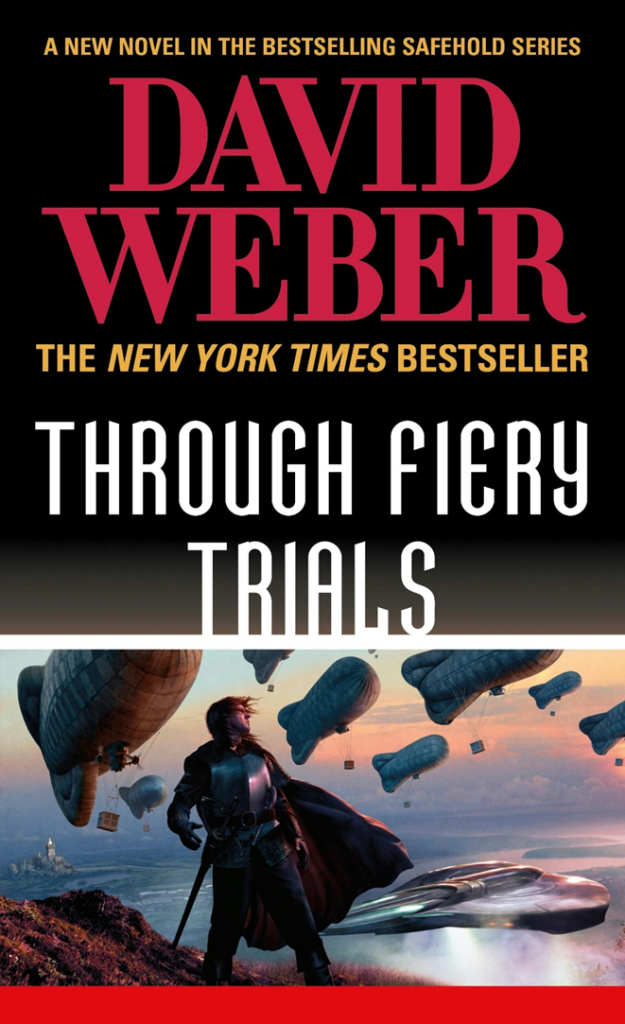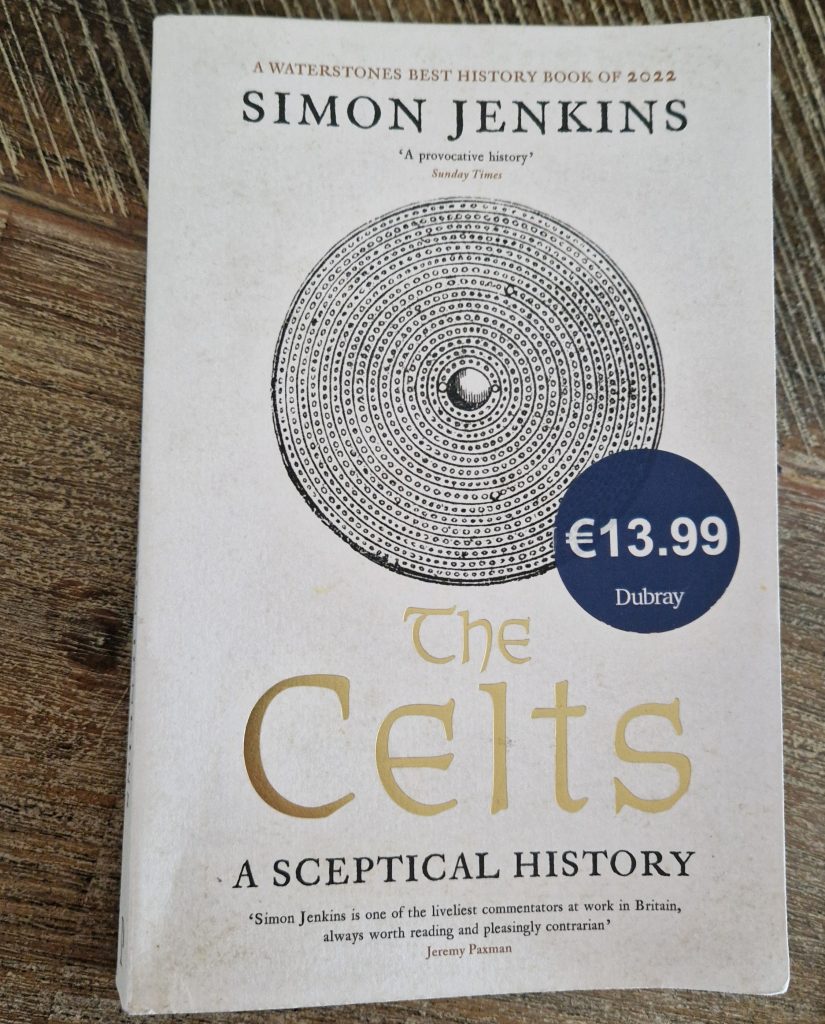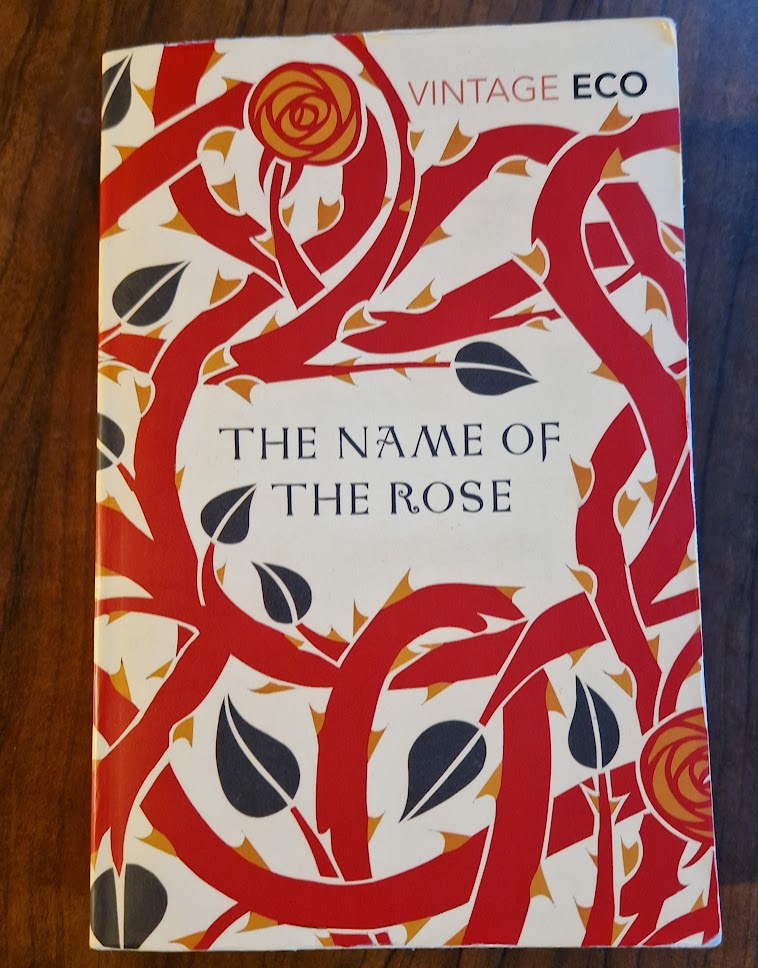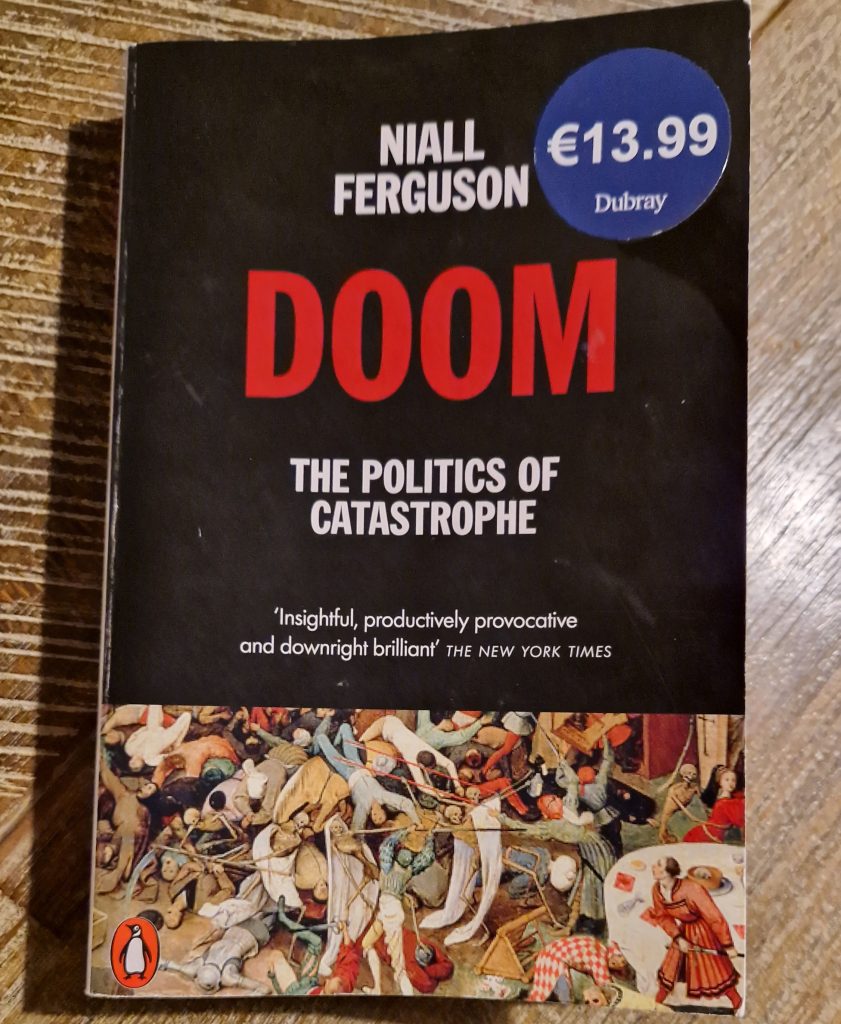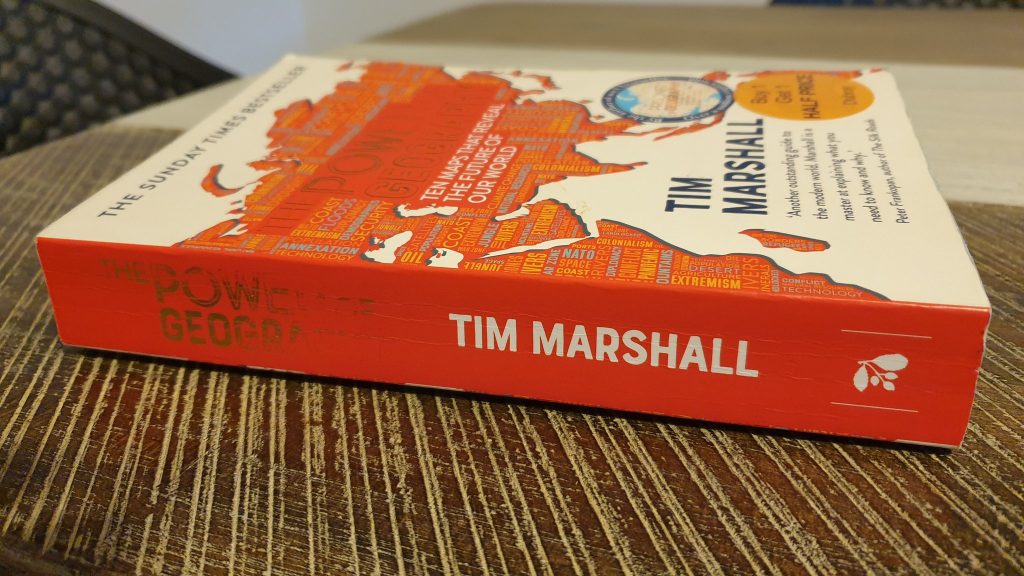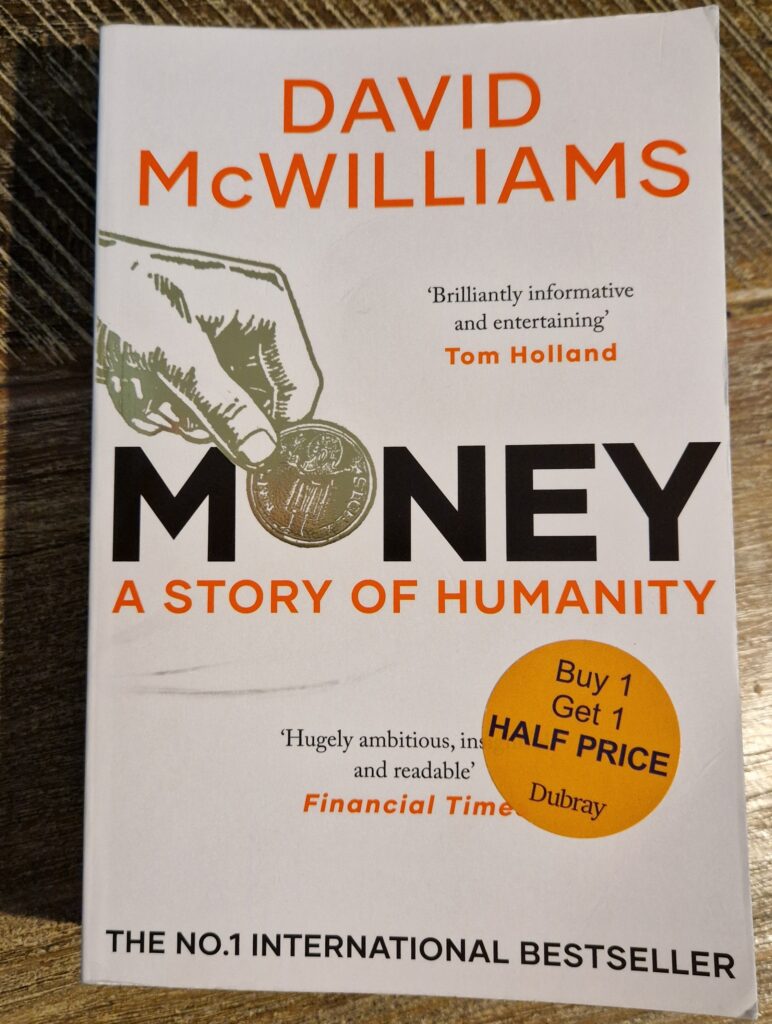
An enjoyable narrative woven by Irish economist David McWilliams about the use of money, currency and finance throughout human history. I’m a regular listener to McWilliams’ podcast with his collaborator John Davis on Spotify. Reading this book, it was fun hearing the author’s unique perspective on historic and economic upheavals such as the South Sea Bubble, the American Civil War, and the hyperinflationary period during the Weimar Republic in post WW1 Germany. The book has an extensive citation list and index so would also be a good reference for anyone interested in or studying macroeconomic history.

